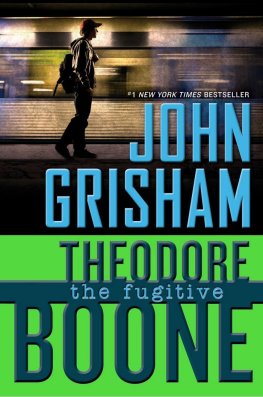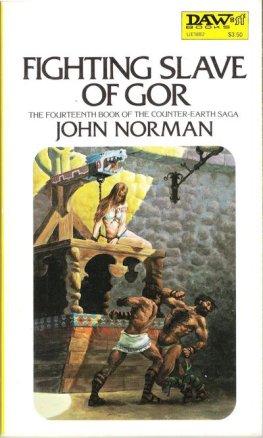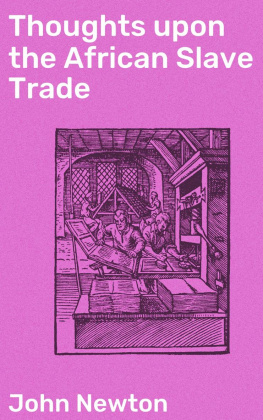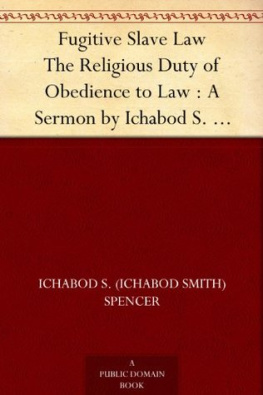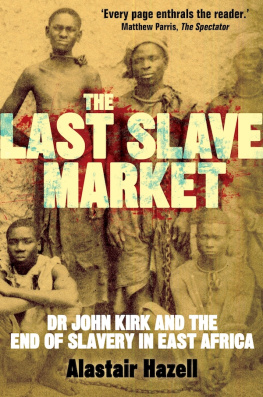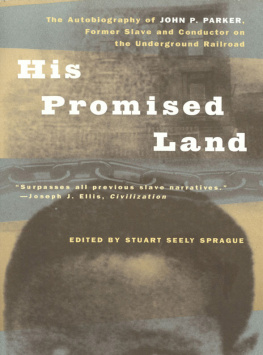[At the February term of the U.S. District Court for the Northern District of Illinois, JOHN HOSSACK and JOSEPH STOUT, of Ottawa, were convicted of having aided in rescuing a fugitive slave from the custody of the U.S. Deputy Marshal at Ottawa, Oct. 20, 1859, and sentenced by Judge Drummond to pay a fine of one hundred dollars, and be imprisoned ten days. Mr. HOSSACK is a Scotchman by birth, but spent many years of his life in Quebec, following the occupation of a baker. About twenty years since, he removed to Ottawa, Illinois, and assisted in the construction of the Illinois and Michigan Canal. He has been for some years past a prominent dealer in grain, has acquired a competency by enterprise and industry, and is considered one of the most upright and intelligent citizens in the community. The following Plea, made by him before the Court, evinces true nobility of soul, the highest moral integrity, the most generous humanity, and genuine manly eloquence. Let it be read in every household, so that the execution of the infamous Fugitive Slave Act, in every part of the North, shall be rendered impracticable by a regenerated public sentiment.]
MAY IT PLEASE THE COURT:
I have a few words to say why sentence should not be pronounced against me. I am found guilty of a violation of the Fugitive Slave Law, and it may appear strange to your Honor that I have no sense of guilt. I came, Sir, from the tyranny of the Old World, when but a lad, and landed upon the American shores, having left my kindred and native land in pursuit of some place where men of toil would not be crushed by the property-holding class. Commencing the struggle of life at the tender age of twelve years, a stranger in a strange land, having to earn my bread by the sweat of my brow, your Honor will bear with me. Unaccustomed as I am to appear in Courts, much less to address them, I have feared that I might fail in bearing myself on this occasion worthy of the place and the position I occupy, and the great principles involved in the case before you. I say to your Honor, therefore, if I fail in observing the usual forms of the place, it will be from a want of judgment and error of the head, and not of the heart. Therefore I do not think I shall fare worse at the hands of your Honor, if I state plainly my views and feelings on the great question of the agethe rights of man. I feel that it is a case that will be referred to long after you and I have gone to meet the great Judge of all the earth.
It has been argued by the prosecution that I, a foreigner, protected by the laws of my adopted country, should be the last to disobey those laws; but in this I find nothing that should destroy my sympathy for the crushed, struggling children of toil in all lands.
Surely, I have been protected. The fish in the rivers, the quail in the stubble, the deer in the forest, have been protected. Shall I join hands with those who make wicked laws, in crushing out the poor black man, for whom there is no protection but in the grave, where the wicked cease from troubling, and the weary are at rest?
It is true, SirI am a foreigner. I first saw the light among the rugged but free hills of Scotland; a land, Sir, that never was conquered, and where a slave never breathed. Let a slave set foot on that shore, and his chains fall off for ever, and he becomes what God made hima man. In this far-off land, I heard of your free institutions, your prairie lands, your projected canals, and your growing towns. Twenty-two years ago, I landed in this city. I immediately engaged on the public works, on the canal then building that connects this city with the great river of the West. In the process of time, the State failed to procure money to carry on the public works. I then opened a prairie farm to get bread for my family, and I am one of the men who have made Chicago what it is to-day, having shipped some of the first grain that was exported from this city. I am, Sir, one of the pioneers of Illinois, who have gone through the many hardships of the settlement of a new country. I have spent upon it my best days, the strength of my manhood. I have eleven children, who are natives of this my adopted country. No living man, Sir, has greater interest in its welfare; and it is because I am opposed to carrying out wicked and ungodly laws, and love the freedom of my country, that I stand before you to-day.
Again, Sir, I ought not to be sentenced because, as has been argued by the prosecution, I am an Abolitionist. I have no apologies to make for being an Abolitionist. When I came to this country, like the mass from beyond the sea, I was a Democrat; there was a charm in the name. But, Sir, I soon found that I had to go beyond the name of a party in this country, in order to know any thing of its principles or practice. I soon found that however much the great parties of my adopted country differed upon banks, tariffs and land questions, in one thing they agreed, in trying which could stoop the lowest to gain the favor of the most cursed system of slavery that ever swayed an iron rod over any nation, the Moloch which they had set up, to which they offered as human sacrifice millions of the children of toil. As a man who had fled from the crushing aristocracy of my native land, how could I support a worse aristocracy in this land? I was compelled to give my humble name and influence to a party who proposed, at least, to embrace in its sympathies all classes of men, from all quarters of the globe. In this choice, I found myself in the company of Clarkson and Wilberforce in my native land, and of Washington and Franklin, and many such, in this boasted land of the free; and more than all these, the Redeemer in whom I humbly trust for acceptance with my God, who came to heal the broken-hearted, to preach deliverance to the captives, to set at liberty those who were bruised; yea, this very religion binds me to those in bonds as bound with them. Tell me, Sir, with these views, can I be any thing but an Abolitionist? Surely, for this I ought not to be sentenced.
Again, Sir, I ought not to be sentenced, because the Fugitive Slave Law, under which I am torn from my family and business by the supple tools of the Slave Power, the slave-breeder and the slave-hunter, is at variance with both the spirit and letter of the Constitution. Sir, I place myself upon the Constitution, in the presence of a nation who have the Declaration of Independence read to them every Fourth of July, and profess to believe it. Yea, in the presence of civilized man, I hold up the Constitution of my adopted country as clear from the blood of men, and from a tyranny that would make crowned heads blush. The parties who prostitute the Constitution to the support of slavery are traitorstraitors not only to the liberties of millions of enslaved countrymen, but traitors to the Constitution itself which they have sworn to support. A foreigner upon your soil, I go not to the platforms of contending parties to find truth. I go, Sir, to the Constitution of my country: the word slave is not to be found. I read, "We, the people of the United States, in order to form a more perfect Union, establish justice,"yes, Sir,




